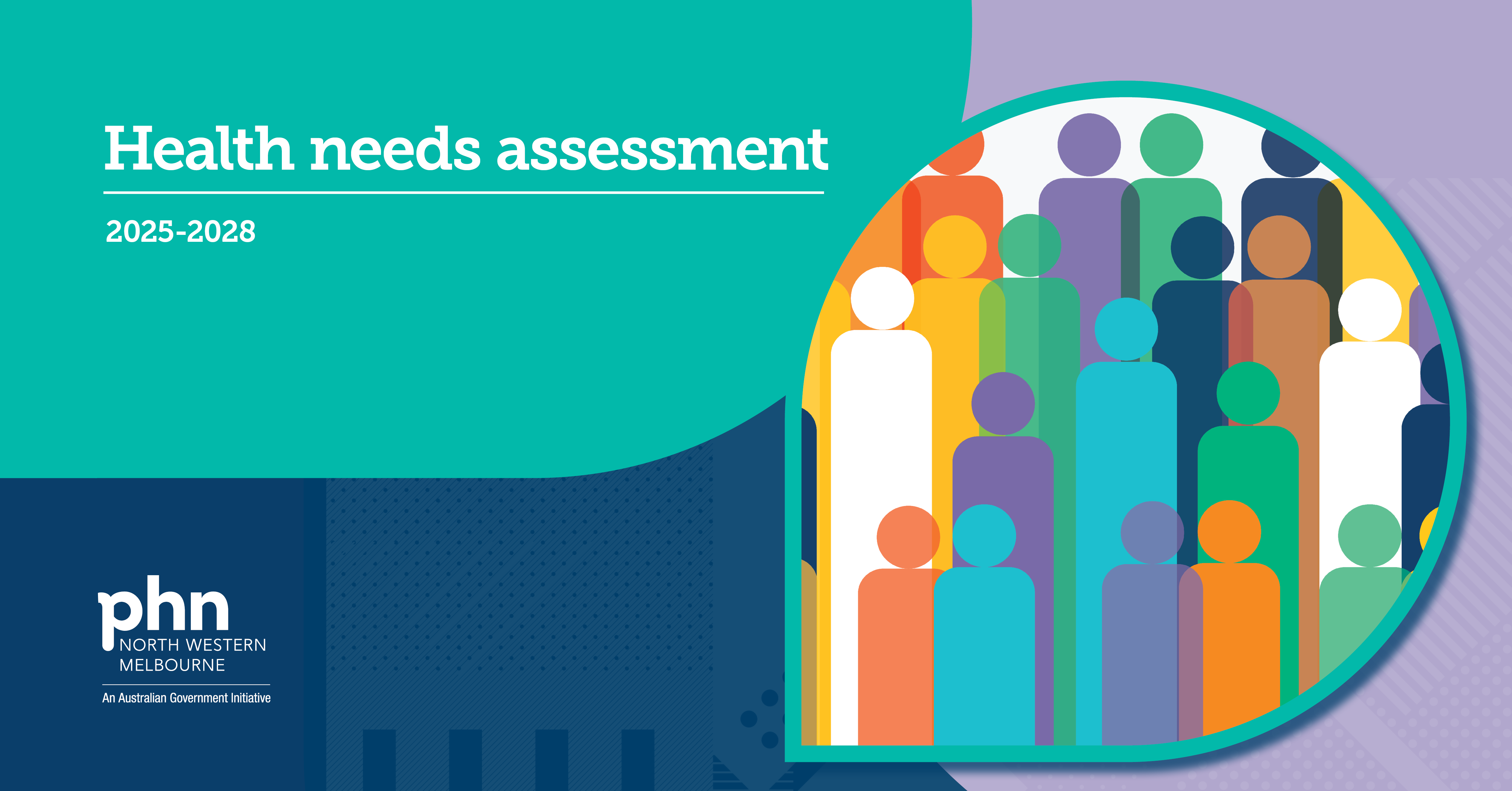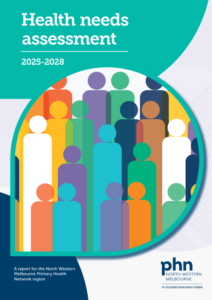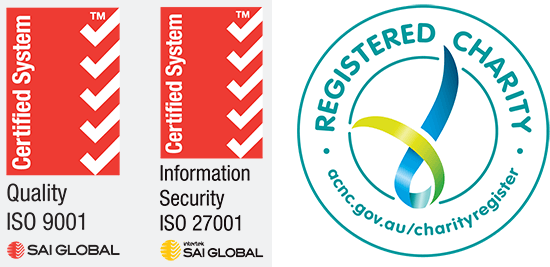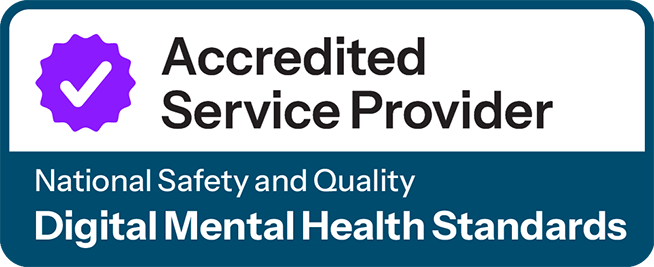
The Health Needs Assessment 2025-2028 of North Western Melbourne Primary Health Network (NWMPHN) has now been published.
It compiles and synthesises information from multiple sources, including the Australian Bureau of Statistics, the Australian Urban Observatory and many others. It uses de-identified data obtained from general practices and hospitals in the NWMPHN region, sourced from the Victorian Department of Health.
It also includes input from subject matter experts, including health professionals and people with lived experience, providing a further layer of insight.
The result is a systematic analysis of the health and service needs of communities in the NWMPHN region, ordered by multiple perspectives, including age, gender, culture, level of income and education.
The HNA also incorporates findings from other reports compiled by NWMPHN, including the Mental Health Health Needs Assessment and the West Metro Health Services Partnership Health Needs Assessment.
Its purpose is to support evidence-based decision-making, commissioning, investment and advocacy to improve community health and wellbeing.
The HNA is carefully structured to guide these activities, framing its findings through careful prioritisation.
It adopts a holistic definition of health and acknowledges the influence of social, cultural, spiritual and economic factors on population health and wellbeing.

“This structure allows readers to quickly identify subjects of direct relevance to their areas of interest,” said Emma McKeown, NWMPHN’s Executive Director, Insight, Performance and Digital Services.
“The iterative and cross-referenced nature of the HNA means that information that may deepen or contextualise any topic is always clearly signalled and easily accessible.
“In addition, statistical information provided in multiple graphs and tables within the report is supported by substantial deeper-tier statistics provided in the accompanying technical supplement.”
Bianca Bell, NWMPHN’s Executive Director, Health Systems Integration, said the HNA is a vital source of commissioning intelligence.
“The data and analysis will help us identify the most appropriate locations and populations for our work within the broader primary health care sector, particularly in the area of multidisciplinary team care,” she said.
Jagjit Dhaliwal, Executive Director, Service Development and Reform, also welcomed the publication.
“The mental health service system is complex and fluid, and the insights in this report will help us better work with stakeholders on key issues and challenges,” he said.
All primary health networks are required to produce health needs assessments.
NWMPHN’s HNA is set to play an important role in guiding opportunities for collaborative commissioning to reflect health care priorities, and to co-design meaningful and effective programs to safeguard the health of people living in Melbourne’s CBD, northern and western suburbs.





